Your thoughts is likely drawn to automobiles such as the Mercedes S-Class or the BMW 7 Series. But circumstances have changed, and with the increasing number of SUVs on our roads, that typical perspective hasn't been the case for quite some time. So what is a premium car? Generally speaking, it's a premium model that delivers higher performance, cutting-edge technology and unrivaled comfort.
Whether you're hunting elegant sports vehicles, high-end sedans or sumptuous SUVs, the alternatives are enormous. For many owners, these cars will also be status symbols above all - some driven by large-capacity diesels or V8s, or even electric and plug-in hybrid power.
Regardless of bodystyle and source of propulsion, they need to offer great comfort in both the front seats and the rear, a magnificent interior and isolated ride and noise refinement.
To help you narrow down your selections, we've prepared a list of the top 10 best luxury automobiles for sale. These vehicles stand out for their stunning appearance, innovative features and optimum driving experience.
You could find several major brands aren't featured on this list. Don't worry — we've also put up a list of the top 10 best super-luxury automobiles. There, you'll find the much pricier Rolls-Royce, Bentley and Mercedes-Maybach cars.
Read also: Tata Altroz Racer vs Hyundai i20 N Line comparison
1. BMW i7

If you need proof of how serious BMW is about staking its claim on luxury automobile glory, then consider the fact the i7 (and its ICE-powered 7 Series sister) will only be offered in leg-stretching long-wheelbase configuration.
While the past six generations of the brand's flagship saloons have placed as much focus on driver satisfaction and pampering passengers, this all-new model is all about five-star cosseting and cutting-edge electronics.
It's the all-electric i7 that arrives first, but regardless of motive power, you're unlikely to lose the large BMW in a throng. Not only is it a big vehicle, but the slab-sided design and massive front grille also imply that the 7 Series is a 'difficult' visual proposition.
Not so the inside, which melds all the newest technology with classic workmanship and a rich assortment of natural materials, including the unexpectedly luxurious cashmere wool trim you may pick for the seats.
As you'd think, there's acres of space to laze around in, while innovations like as the 31.3in BMW Theatre Screen for rear-seat passengers takes in-car entertainment to the next level.
There's also the typical widescreen display ahead of the driver, but the preservation of an iDrive rotary controller ensures you're not subjected to the whole tyranny of a touchscreen interface.
Using a twin-motor set-up and a 102kWh battery, the i7 is good for 536bhp, a claimed range of 367 miles and 0-62mph in 4.7sec. Less remarkable is a kerb weight just shy of 2800kg.
Pros
- Cutting-edge interior technologies.
- Electric powertrain is strong, slick and silent.
- Ride and handling compromise feels nice.
Cons
- EV range disappoints in the real world.
- Those, er, subjective looks.
- A decently priced 7 Series is now a thing of the past.
Read also: Electric Cars Vs Hybrid Cars
2. Mercedes-Benz S-Class

BMW may have hit it out of the park with the 2017 7 Series, but the Mercedes-Benz S-Class is still the default pick for good reason. It was last redesigned in 2020, embracing digitalization more than ever before.
In that aspect, it has clearly succeeded. The cabin seems reassuringly classic but avant garde, and the extent of the enormous screens manages to avoid the unpleasant omnipresence observed with other manufacturers’ automobiles.
Ambient lighting and connection are extremely well handled, and behind it all, barring one or two ergonomic flaws, sits one of the most materially pleasant and cosseting places to sit while the miles slide past, for driver and passenger. In an age of increasingly more ludicrously extravagant grilles, the S-Class’s comparatively modest external design should likewise hold it in good favor in Europe.
If you want a big Merc with a huge battery pack instead of an engine, you need to go towards the Mercedes EQS, which is an entirely unique take on the electric luxury car and shares little to nothing with its more traditional counterpart, unlike the BMW 7 series and i7 twins.
There’s really nothing wrong with the S-Class’s selection of petrol, diesel and hybrid powertrains, though. The line-up tends to fluctuate with availability, but you normally get a choice between the S350d or S400d diesel, or an S500 petrol, which also receives mild-hybrid assistance.
Pros
- Versatile hybrid powertrain World-class cabin ambiance
Cons
- Neither as quiet nor as smooth on the move as we planned.
- Certain ADAS systems annoy.
Read also: Tata Nexon EV vs Tata Punch EV: Conflict Among Siblings
3. BMW iX
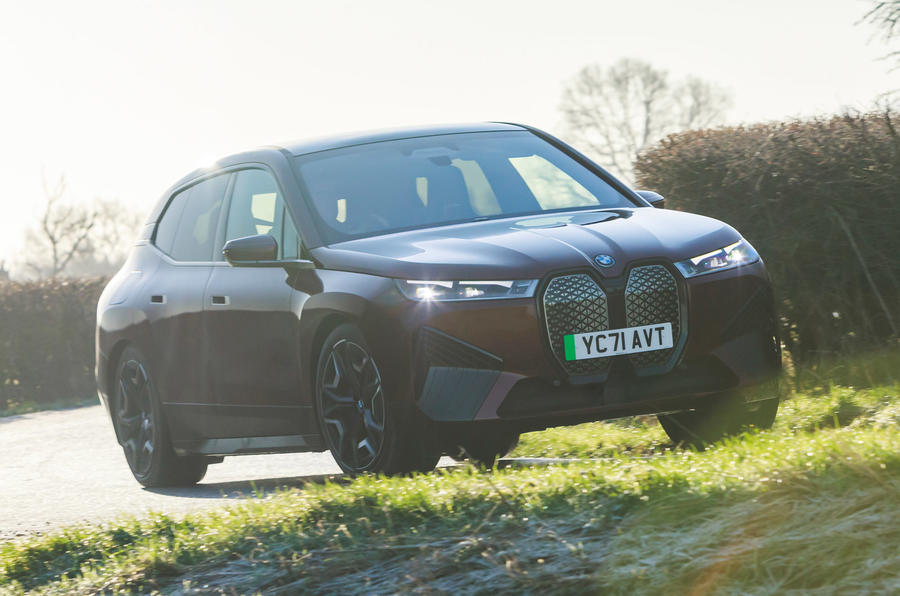
Number three on our list is a double whammy of convention defying. Not only is the BMW iX not a saloon, but it also doesn't have a combustion engine. It launched just over a year before the BMW i7, yet it is virtually that automobile, a few inches higher up in the air. It’s probably little less sumptuous, but having a hatchback, it’s also a bit more practical.
"A BMW like no other" is how our man Greg Kable characterized the iX, the firm's latest all-electric luxury SUV flagship vehicle for its 'i' brand. Some reviewers have used other adjectives to make their opinions apparent about the way this car appears and the departure from historic BMW design type that it, and other recent BMW model debutants, represent. Feel free to make up your own mind: this is an automobile clearly meant to elicit a reaction.
There is an entry-level BMW iX xDrive40 variant, which has 296bhp and 249 miles of WLTP-certified electric range. But actually, you want the xDrive50, with its plusher air suspension and 373 miles of range, which truly makes this a viable long-distance luxury car. If you need to charge en way, it takes up to 200kW. The BMW iX xDriveM60 promises even more power and performance than the xDrive50’s 516bhp, but we remain skeptical that anybody needs their internal organs rearranged any more brutally than the mid-range model is currently capable of.
The BMW iX saw off the Mercedes-Benz EQS in a comparative test. The Mercedes is comfortable, but the isolation and refinement of the iX's ride is truly very exceptional indeed and makes it a really intriguing premium car. The BMW also contrasts the EQS's wide-eyed futurism with a warmer, more individualistic and less formal taste, both inside and out.
Pros
- Exceptional refinement and rolling comfort.
- SUV-typical space and adaptability.
- Inviting luxury interior.
Cons
- Divisive exterior style.
- Manual regeneration control should be enhanced for increased drivability.
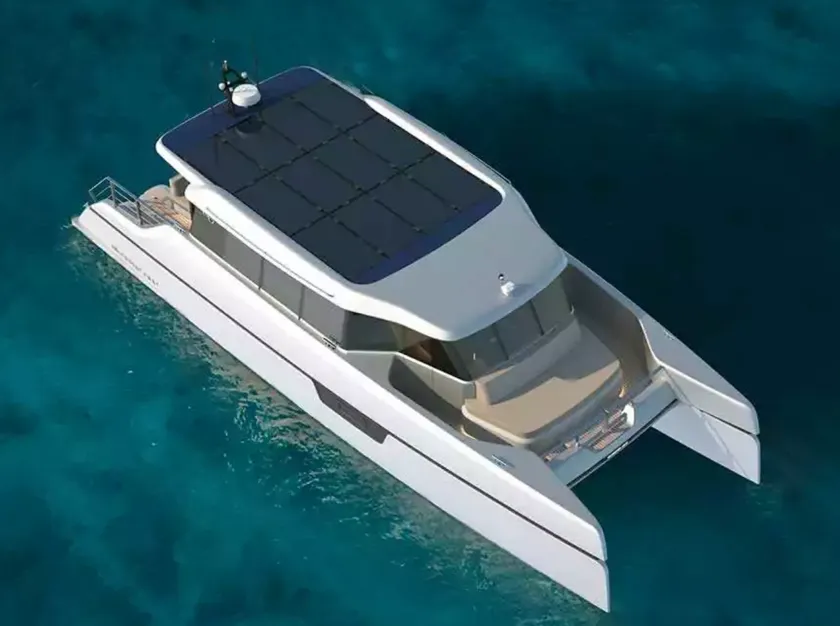

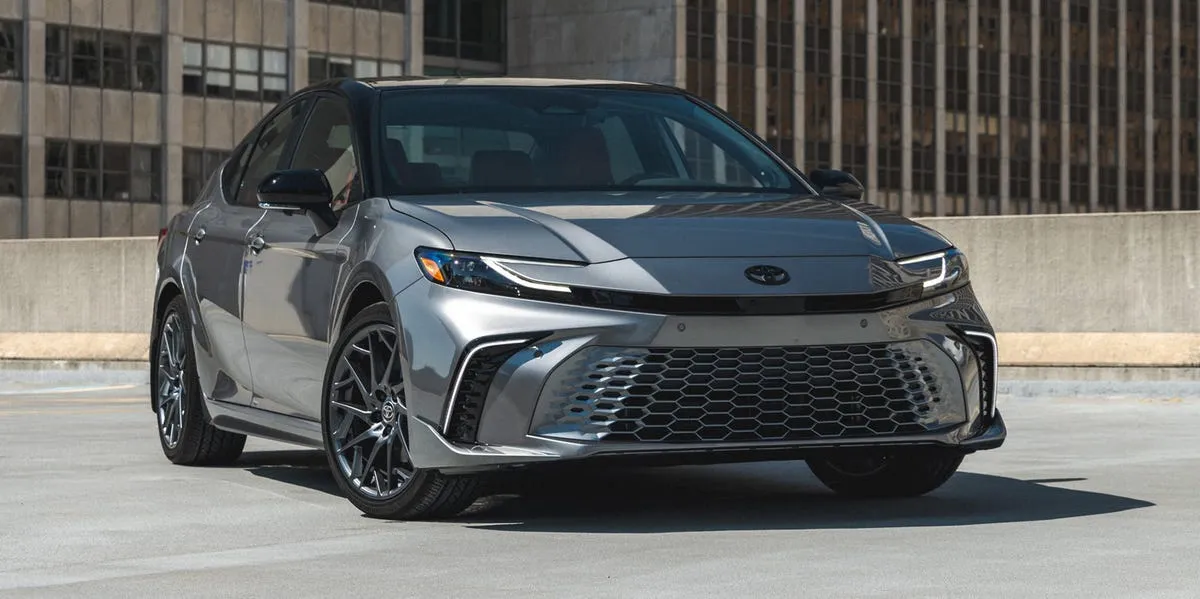

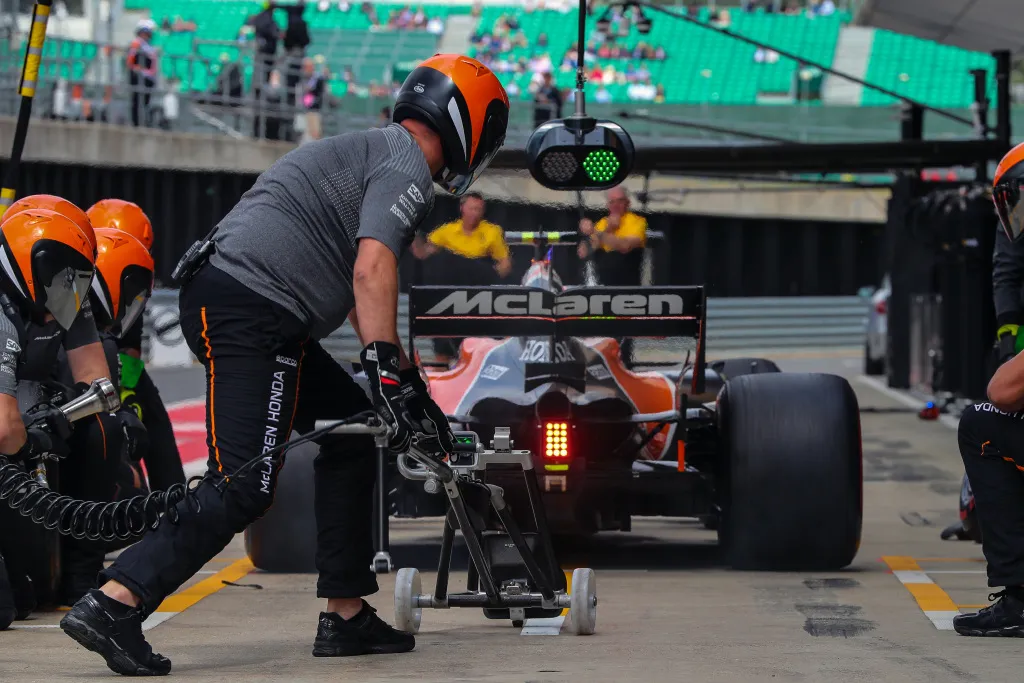
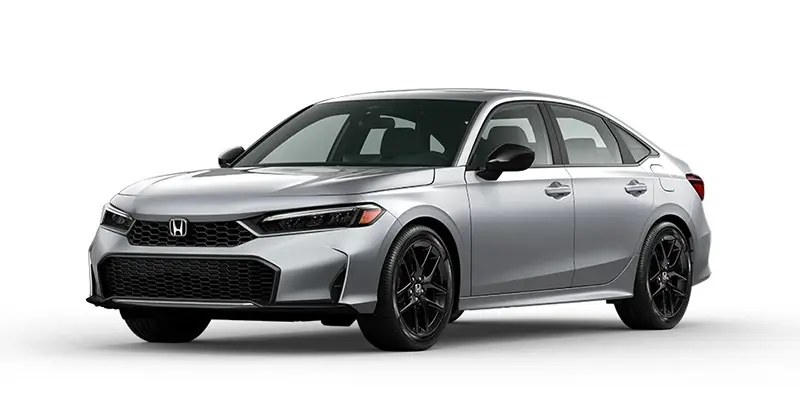
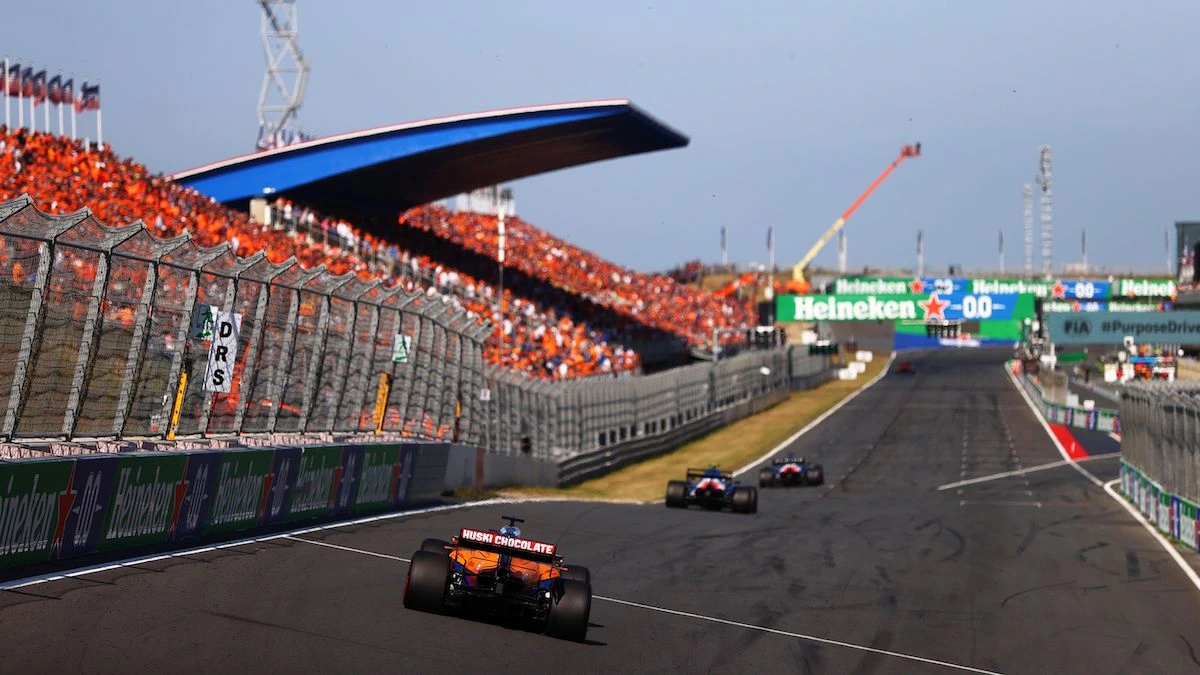
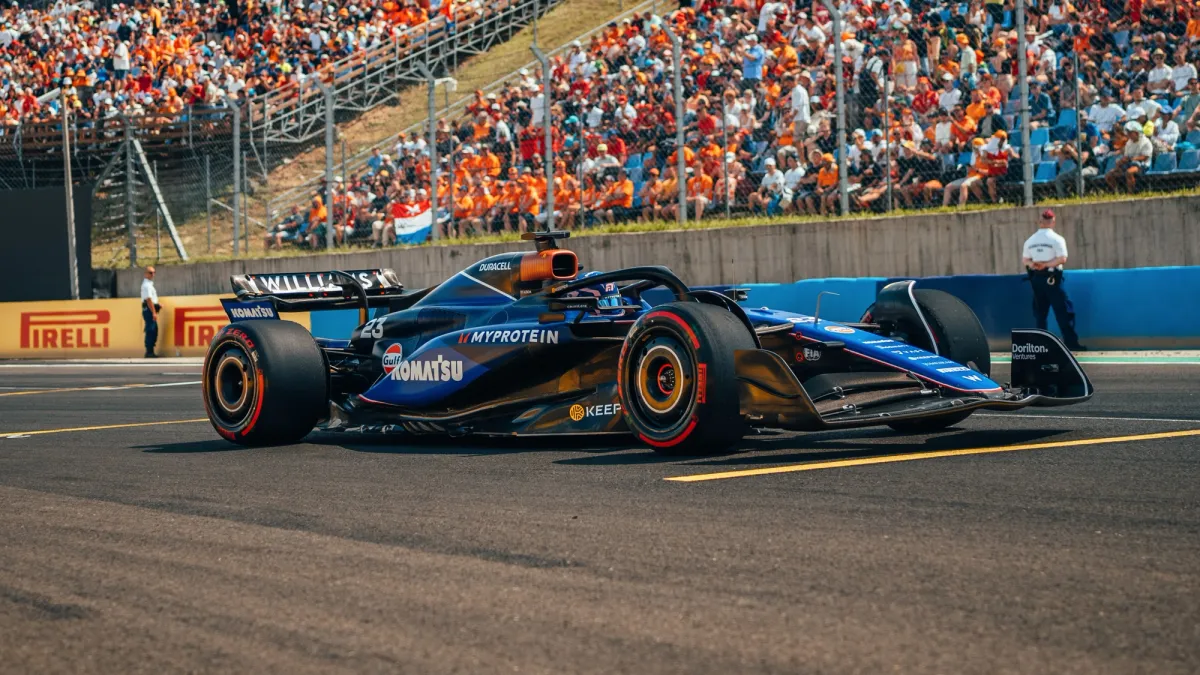
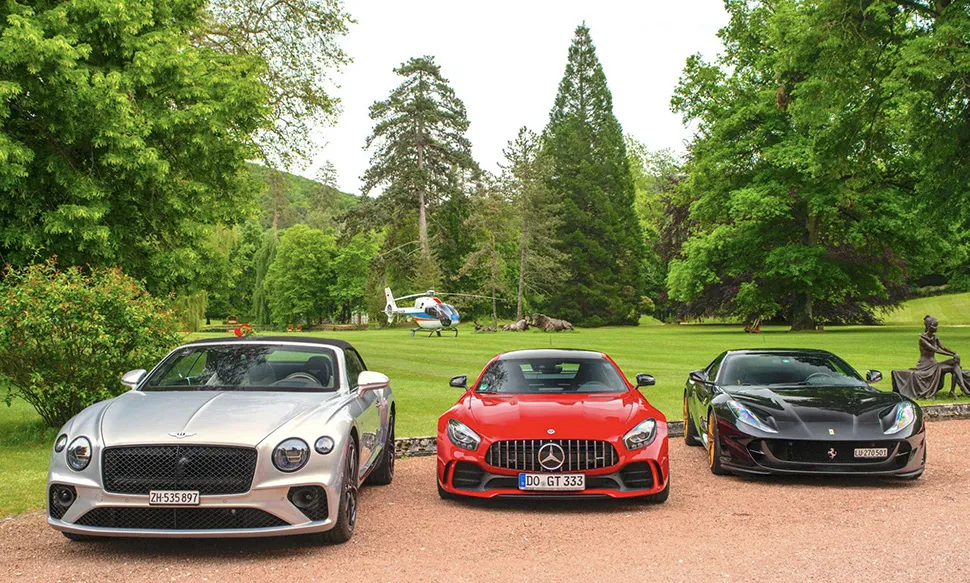
.webp)